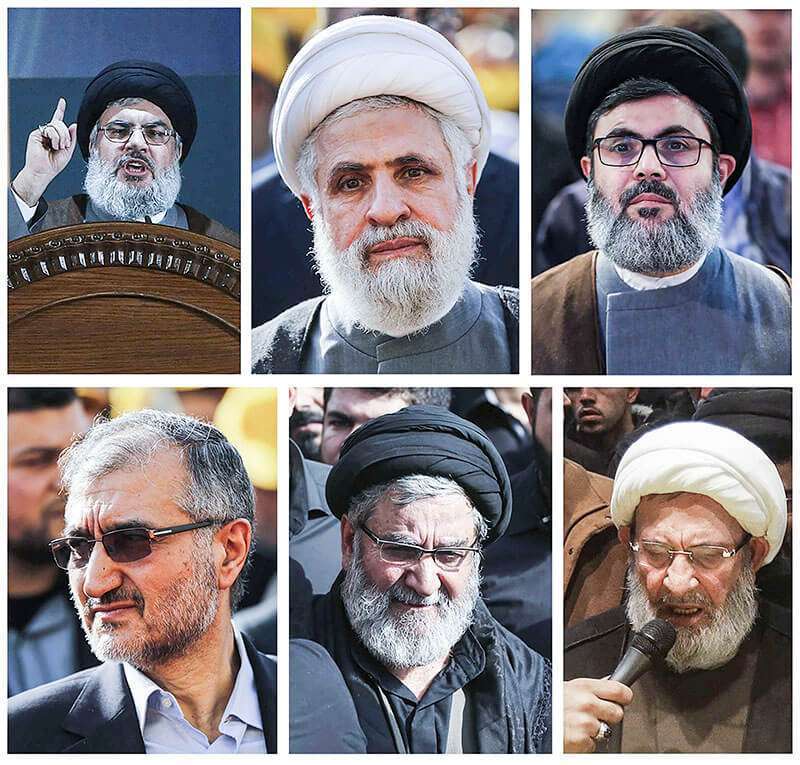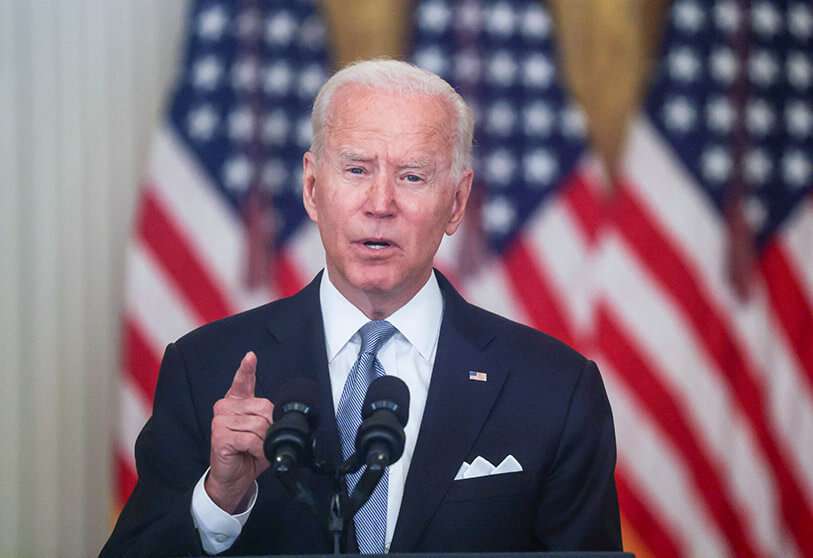The reality behind Iran's oil shipment to Lebanon

Lebanon is going through one of the biggest energy crises in its recent history. The arrival of oil in the country should be great news to at least mitigate the harsh consequences it is having on the country, but nothing could be further from the truth. The amount of oil that is arriving in Lebanon does not represent substantial help in dealing with the complex situation. It is really a strategy orchestrated by the terrorist group Hezbollah to gain influence in the area by transporting Iranian oil from Syria to Lebanon.
However, according to Lebanese sources, this attempt to gain prominence in the region will fail, despite the radical group's 'victory' celebrations. Thursday's arrival of dozens of truckloads of fuel is a violation of US sanctions on Iranian crude exports. Hezbollah supporter Nabiha Idriss said of the fuel shipment: "This is a big thing for us because we broke the siege of the US and foreign countries (...) We are working with the help of God and our great mother Iran".

Far from helping the Lebanese and alleviating the energy crisis, which it will do only temporarily, the import of crude oil brings more disadvantages than advantages. The US has been working for some time to bring Egyptian gas to Lebanon via Jordan and Syria, something that could be drastically curbed by the arrival of Iranian crude. The confrontation between Washington and Tehran could dangerously spill over to Beirut, which, for the moment, denies having allowed Hezbollah trucks to enter its territory, claiming that they have entered through an unofficial border in an attempt to avoid new US sanctions.
For the new Lebanese government, the arrival of crude oil thanks to Hezbollah is a setback in terms of the agreement with the country led by Joe Biden. There is some concern within the government led by Najib Mikati Azmi about urgently gaining the confidence of the Americans. Possible economic aid from the US would be a balm for Lebanon and they want to maintain ties with Washington at all costs. However, the reality is that receiving truckloads of Iranian crude oil - especially in a situation of heightened tension between Iranians and Americans - from a group considered by the Americans to be terrorists is not the best strategy to follow.

The United States has been quick to affirm that sanctions are still in place and that this new episode of Iranian crude oil exports is a violation of them. What they have not yet officially assured is whether Lebanon will be affected by receiving these trucks. As a defence, Beirut reiterates that no request for the entry of the fuel has been received and even accuses Hezbollah of favouring smuggling with Syria, which is one of the main causes that have led the country to be plunged into such a deep energy crisis.
Now comes a complicated moment for all parties. Washington must decide whether it finally decides to extend its sanctions on Lebanon or, on the contrary, believe the Lebanese government's words and maintain its willingness to help the country. What is clear is that Hezbollah, supported by Iran, is showing a tough face in the face of US sanctions, systematically bypassing them, as Tehran does with uranium enrichment. Failure to impose a strong position on the movement of crude oil will embarrass Biden's team, leaving its image in the Middle East in tatters.








